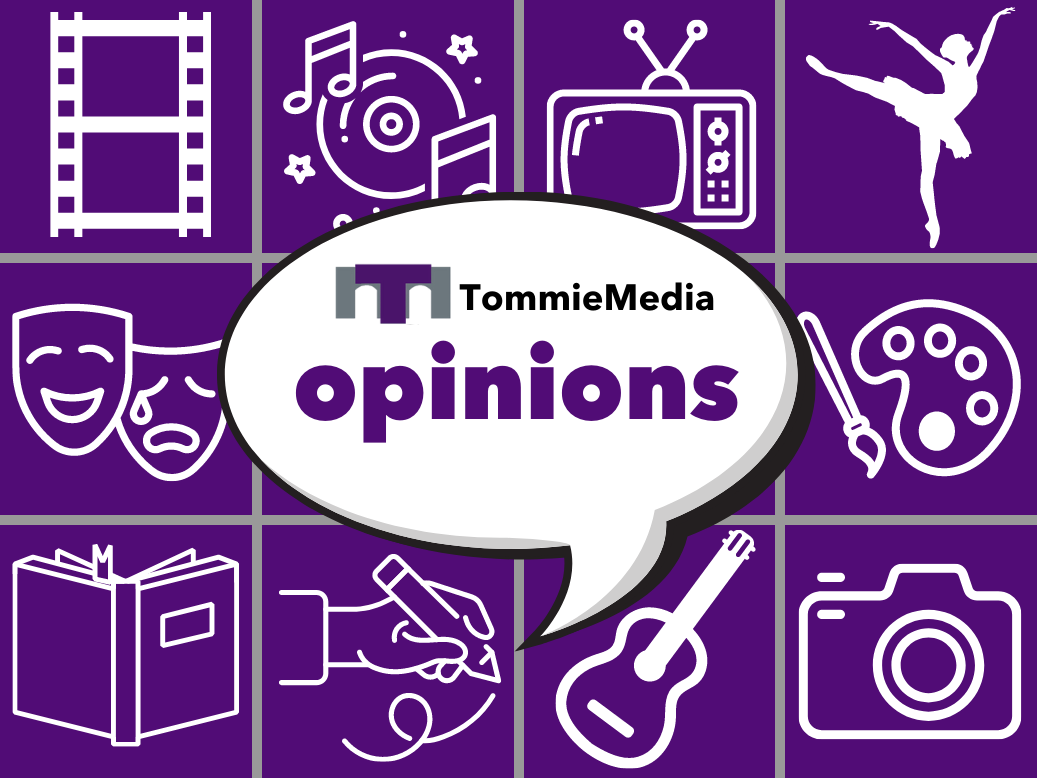TikTok should be removed from society due to how invasive and addictive the app is designed.
On Dec. 14, the U.S. Senate unanimously passed the Government Devices Act legislation that bans Tiktok from U.S. government devices. The bill was an attempt to increase information security to limit data breaches associated with short-form content creation, especially the Chinese app TikTok.
Dozens of TikTok employees said engineers in China “had access to U.S. data between September 2021 and January 2022, at the very least.”
With the new Government Devices Act banning TikTok because of security, there are a multitude of reasons to ban TikTok altogether, but I believe one significant aspect to consider is banning the app due to its invasive and addictive nature.
TikTok is designed to grab the attention of its users in an addictive manner. The most important thing to the company is watch time, retention and attention.
According to Tim Wu, Columbia Law School professor and author of the book “The Attention Merchants,” “The attention industry needs people who are in a distracted state, or who are perpetually distractible, and thus open to advertising,”.
It seems like TikTok is serving up the exact thing your brain was craving at that exact time. The two places users receive the content is a “Following” tab that gives them the content of the people that they follow and a tab ironically named “For You,” which delivers users content from all over the world with the only caveat being what “your” algorithm believes you will enjoy.
To me, the function of the “For You” tab is the problematic feature of the app because it feels as if the app is cheating and using the way the human brain works to get individuals of all ages addicted to the app.
The human brain is wired to crave novelty. The “Vegas Effect“, coined by Dr. Mike Brooks, explains that an invisible tether pulls everyone to their phones. The brain is trained to believe there is something new that we can gain or win every time we look at our phones.
The tether is real, especially in the context of everyday life. Cellphones give people the opportunity to disregard everything around them.
Brain researchers have proven dopamine releases at higher rates when encountering something new than something already experienced.
“Attraction to novelty motivated us to explore and learn about new environments, and our adventurousness was rewarded with a dose of dopamine along with greater chances of survival,” Nicole Dean wrote on brainworldmagazines.com.
All social media networks behave similarly, but TikTok takes that idea to the extreme due to the possibility of receiving content from all over the planet. Unlike other apps, which are limited in that feature. The way TikTok figures out what to show you on the “For You” page algorithm is extremely precise due to the extreme amount of data they can obtain from the user.
TikTok is far more sophisticated in the way it decides what to show individuals than any other social media network. It can do so because it does not have to operate under the same rules as other social media apps.
Brendan Carr, a part of the Federal Communications Commission, sent a letter to the heads of two of the most prominent tech company CEOs asking them to delete TikTok by June 24 or respond to Carr and FCC by July 8. One letter was sent to Apple CEO Tim Cook and Alphabet CEO Sundar Pichai,.
The reason Carr sent the letters is because TikTok is noncompliant with Apple and Alphabet policies. One way TikTok behaved in bad conscience is by removing safe guards in Google’s Android system to receive data that tracks users online. In March 2020, TikTok was accessing sensitive data, such as cryptocurrency wallet addresses, passwords and other sensitive information all through the Apple app store.
“At its core, TikTok functions as a sophisticated surveillance tool that harvests extensive amounts of personal and sensitive data,” Carr said.
Along with the essential information, apps include your name and birthday. TikTok uses biometric identifiers such as face and voice recognition, retina and fingerprints, making recommending content to the user easier.
It’s almost as if TikTok has its own version of a user they have created on its end and the app is trying different combinations to decide what is the perfect content to deliver to the real individual to consume.
Getting immersed into the TikTok algorithm is very simple. I spent nearly an hour to three hours on the app before I realized a dull sense of self that stemmed from using the app. People, especially younger individuals, should drastically reduce the amount of time they spend on TikTok because of its poor business practices.
Nkechukwu Akpati can be reached at akpa2917@stthomas.edu.



